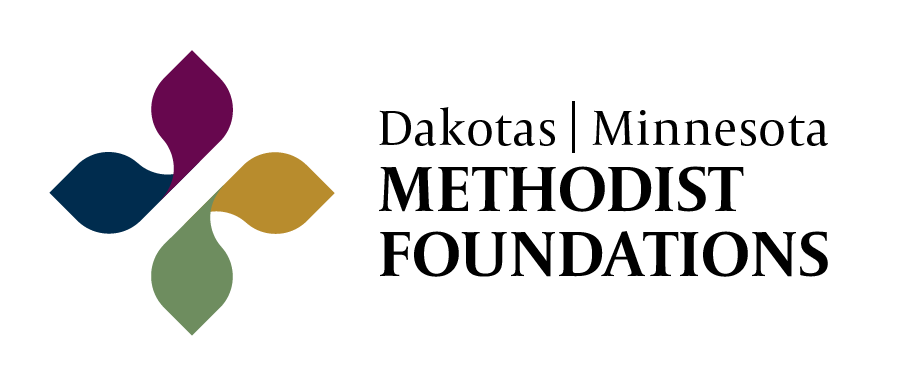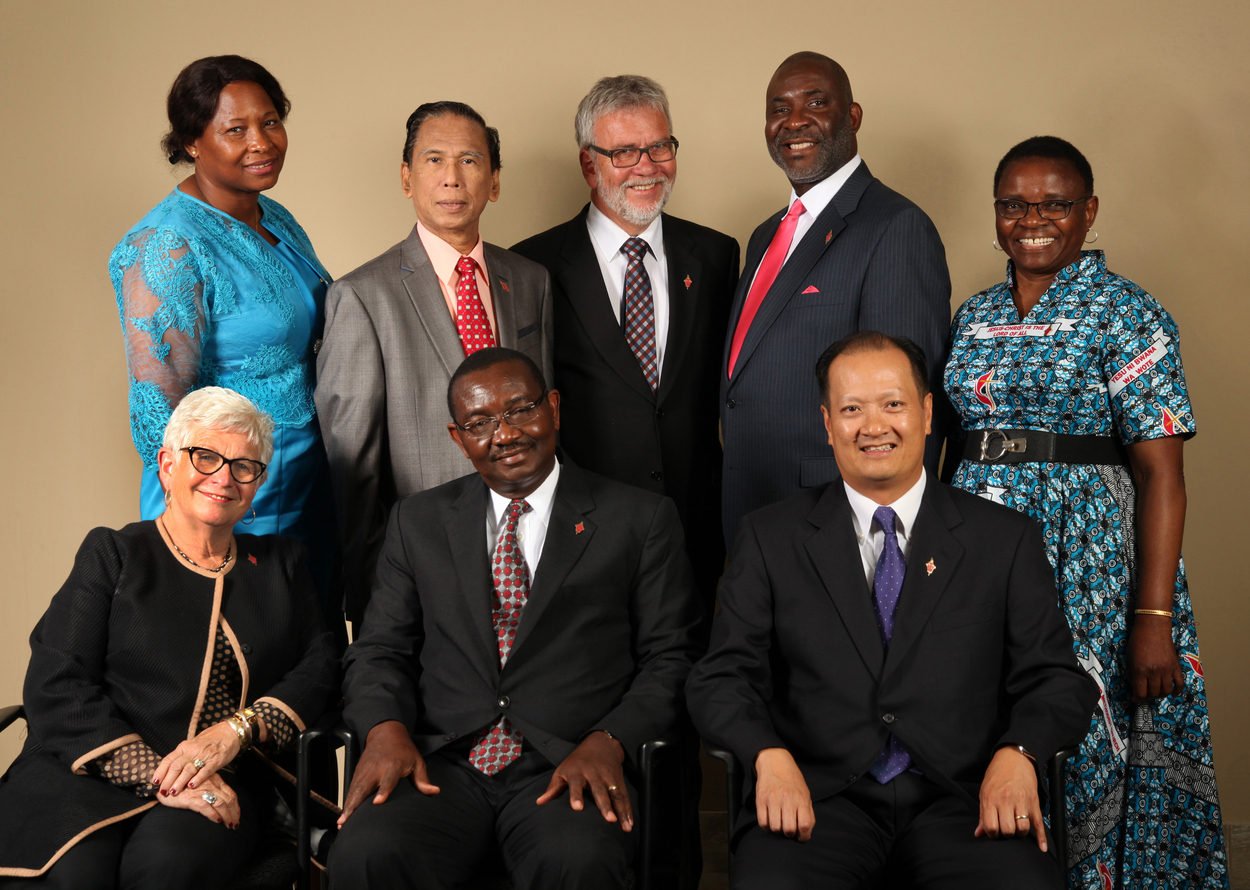
Rev. Randy Cross shares insights related to Judicial Council's rulings

Rev. Randy Cross, Northwest District Superintendent. Photo by jlynn studio.
2019 has become a significant year for the life and mission of The United Methodist Church. The first significant event, of course, was the called Special General Conference session in February, where delegates across the church met to pray, debate and eventually vote on various plans as it pertained to the issue of homosexuality and sexuality in general in the life of the church. Almost immediately after the votes were taken on the various items, the ones that were approved by the majority vote were referred to our denomination’s Judicial Council for review in terms of their constitutionality. The Judicial Council was asked to examine whether the actions taken at the Called Special Session in St. Louis are in congruence with our denomination’s constitution. Various paragraphs that would be added or changed in our Discipline were referred, especially those dealing with the “Traditional Plan” and process for disaffiliation by congregations of the denomination.
There are a few terms that would be helpful to define:
- Disaffiliation. This refers to the possible decision by a congregation to no longer be considered a United Methodist congregation. This, by and large, has not been part of our Discipline, as churches are chartered and discontinued by the action of the Annual Conference, but once discontinued, they cease to exist as a church. This new concept would allow churches to basically remain intact, but no longer in relationship with the UMC.
- Severability. Even though a plan is presented that changes the church’s structure or practice, if the plan is forwarded with separate paragraphs to be considered and voted on separately, the paragraphs can be “severed” from one another, so that if some are found to be unconstitutional, other paragraph changes that are in line with the constitution can be upheld.
- Principle of Legality. This means that everyone is equally bound by church law, and it forbids the selective or partial enforcement of some standards or laws above others. Rules concerning marriage and sexuality are only two of several standards we expect for our clergy and laity, and we aren’t allowed to just pick those two standards as the litmus test for whether someone can be licensed or ordained or consecrated.

Members of the 2016-2020 Judicial Council. (From left) Front row: Deanell Reece Tacha, N. Oswald Tweh Sr., the Rev. Luan-Vu Tran. Back row: Lydia Romão Gulele, Ruben T. Reyes, the Rev. Øyvind Helliesen, the Rev. Dennis Blackwell, and the Rev. J. Kabamba Kiboko. (Not pictured, Beth Capen) Photo by Kathleen Barry, United Methodist Communications.
The Judicial Council in its meeting this past week reviewed the forwarded paragraphs from the Traditional Plan and indeed did allow for “severability,” so that while some paragraphs were struck down, the plan as a whole was not set aside. Seven different petitions of the Traditional plan were again found to be unconstitutional, and they were declared null and void. Three of the petitions dealt with how charges against bishops shall be dealt with, as they appeared to deny a bishop’s right to fair and due process. The other four petitions dealt with whether members nominated to the Board of Ordained Ministry would be asked if they would follow the Book of Discipline, concerning issues of homosexuality. The principle of legality comes into play with these four, as they appear to call out only one standard of behavior by members, and not all standards that should be held equally (like truth-telling, integrity, and other areas).
Items that do remain intact from the Traditional Plan include the current prohibitive language on same-sex weddings and ordination/licensing of self-avowed practicing homosexuals. There is also a footnote to paragraph 304.3 in the Discipline that further defines the term “self-avowed practicing homosexual.” One item allows for the suspension for a year, and possible loss of credentials for pastors who officiate in same-sex ceremonies. It also prohibits the consecration of homosexual bishops or ordaining homosexual clergy.
In terms of the legislation dealing with what has been called “a gracious exit” or disaffiliation of congregations, the petitions were initially seen as unconstitutional because it gave the entire power and decision as to whether a congregation could leave the church solely to the congregation. A provision is found in another part of the Discipline which requires annual conference action for disaffiliation, and so it was seen to be constitutional. There are now three requirements for a congregation to leave the UMC:
- A 2/3 majority vote of professing members of a local church at a church conference.
- Establishing terms and conditions and effective date between the annual conference and the congregation that will include the fair share a congregation would be required to pay to offset pension liability, and possibly building and other real estate costs.
- Ratification of the agreement by a simple majority of the annual conference membership.
Of course, even though the General Conference and the Judicial Council have taken their actions and made their decisions, the conversation and debate continues on how and if The United Methodist Church shall remain united, or whether actions shall be taken by different groups to no longer be part of the denomination, due to this issue. Also, please keep in mind that General Conference 2020 is scheduled to begin a year from now on May 5 in Minneapolis. At that time, the 2020 General Conference has the authority to change or alter almost anything that has been approved until today! Stay tuned and stay in prayer for our Church and our Dakotas Conference.